Handwriting practice Normal Alphabet Coloring Pages Worksheets for Ages 3-9
11 filtered results
-
From - To
Enhance your child’s handwriting skills with our engaging "Handwriting Practice Normal Alphabet Coloring Pages Worksheets" tailored for ages 3-9. Our printable worksheets seamlessly combine letter tracing, handwriting practice, and coloring activities, promoting fine motor skills and creativity in young learners. Each page features appealing illustrations and clear, dotted lines to guide children through the fundamentals of letter formation. Perfect for preschool to elementary school-aged kids, these educational printables support their journey towards neat and confident handwriting. Ideal for both classroom and home use, our fun and interactive worksheets make learning enjoyable and rewarding.


Letter E Coloring Sheet
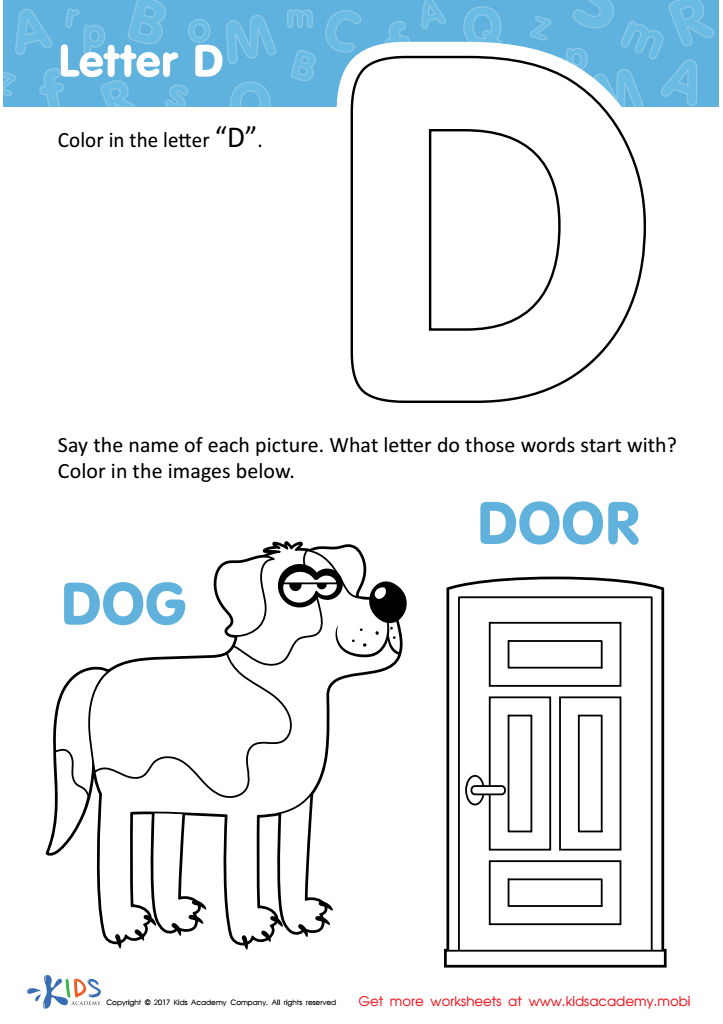

Letter D Coloring Sheet
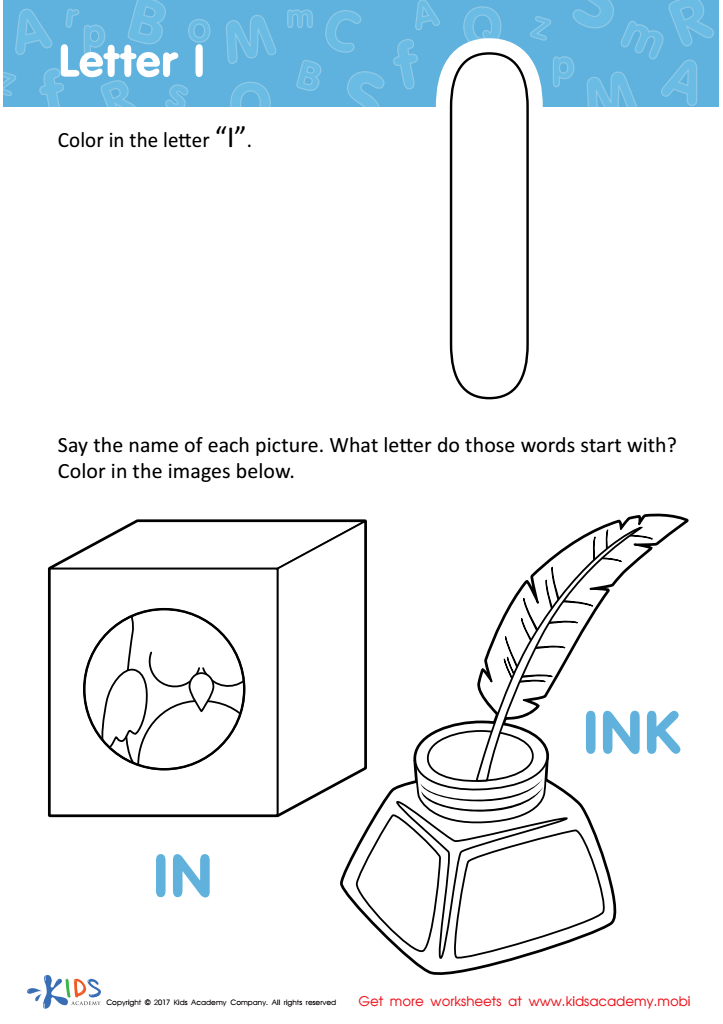

Letter I Coloring Sheet
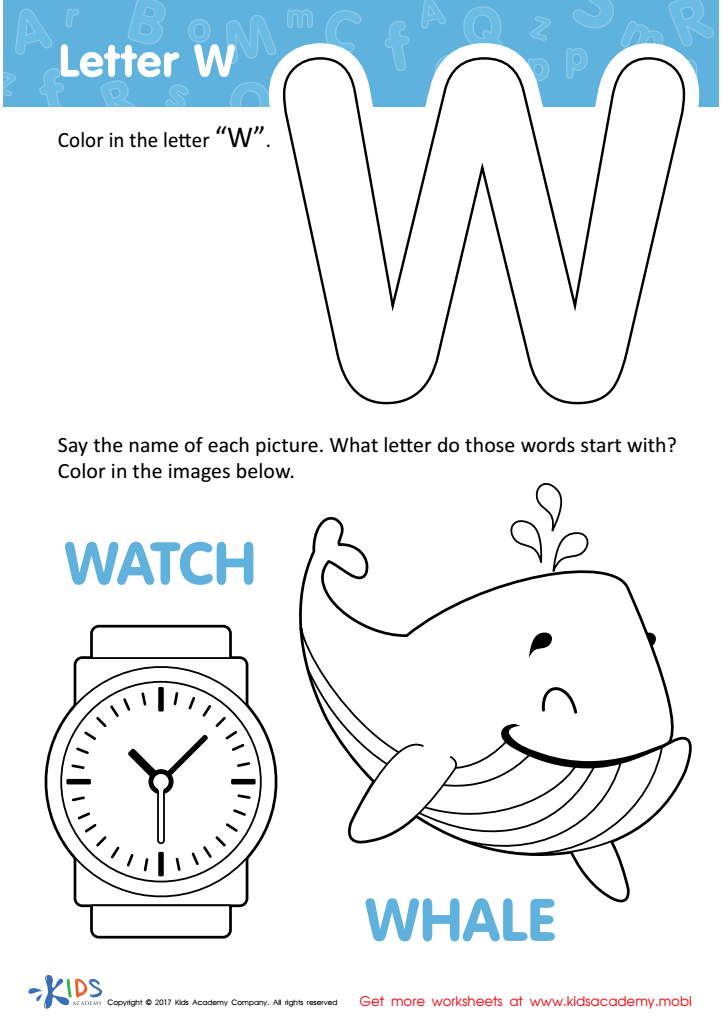

Letter W Coloring Sheet
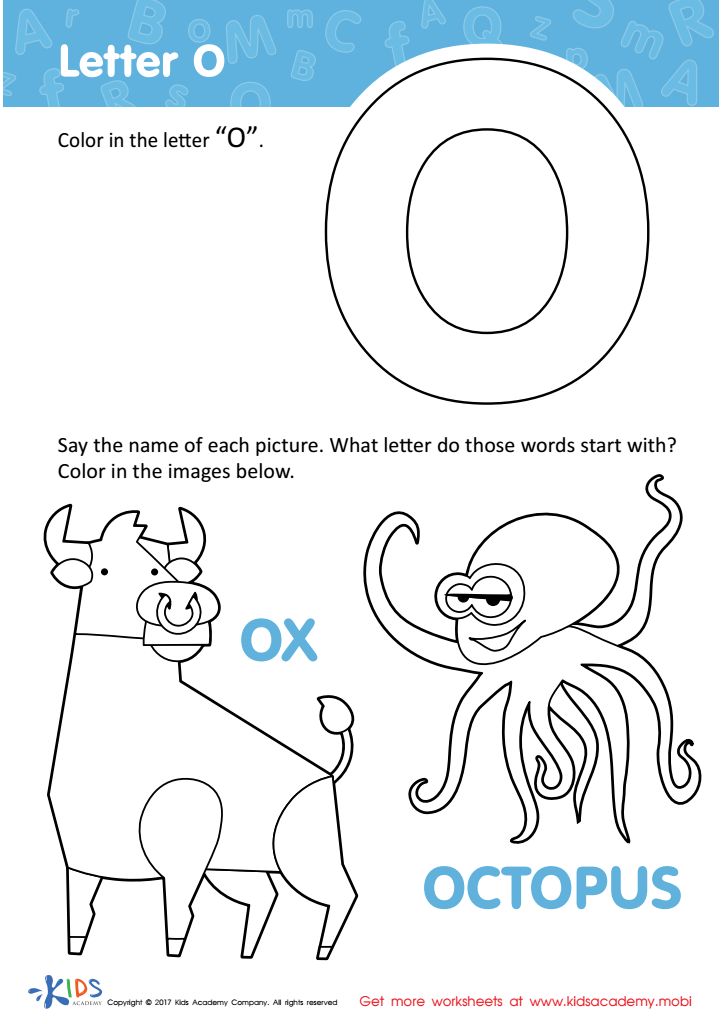

Letter O Coloring Sheet
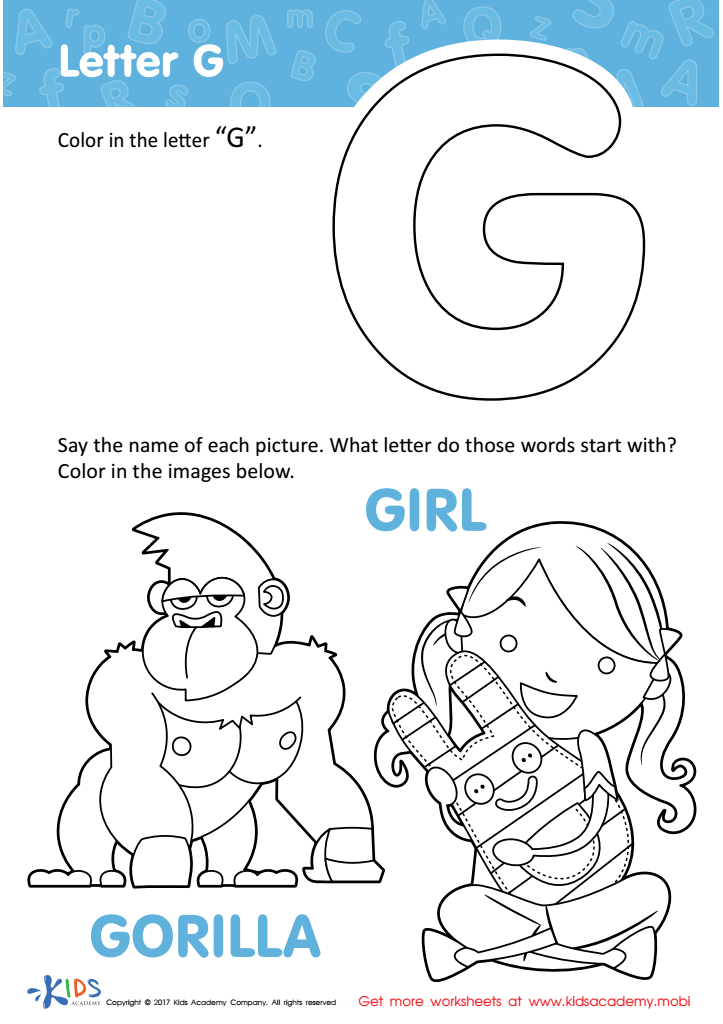

Letter G Coloring Sheet
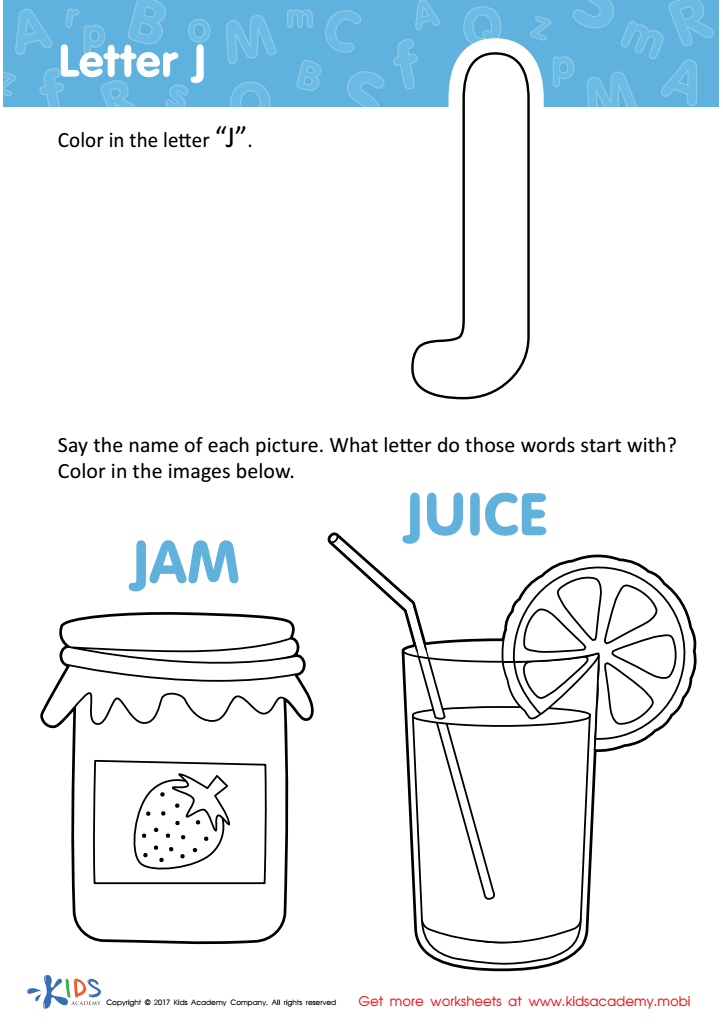

Letter J Coloring Sheet
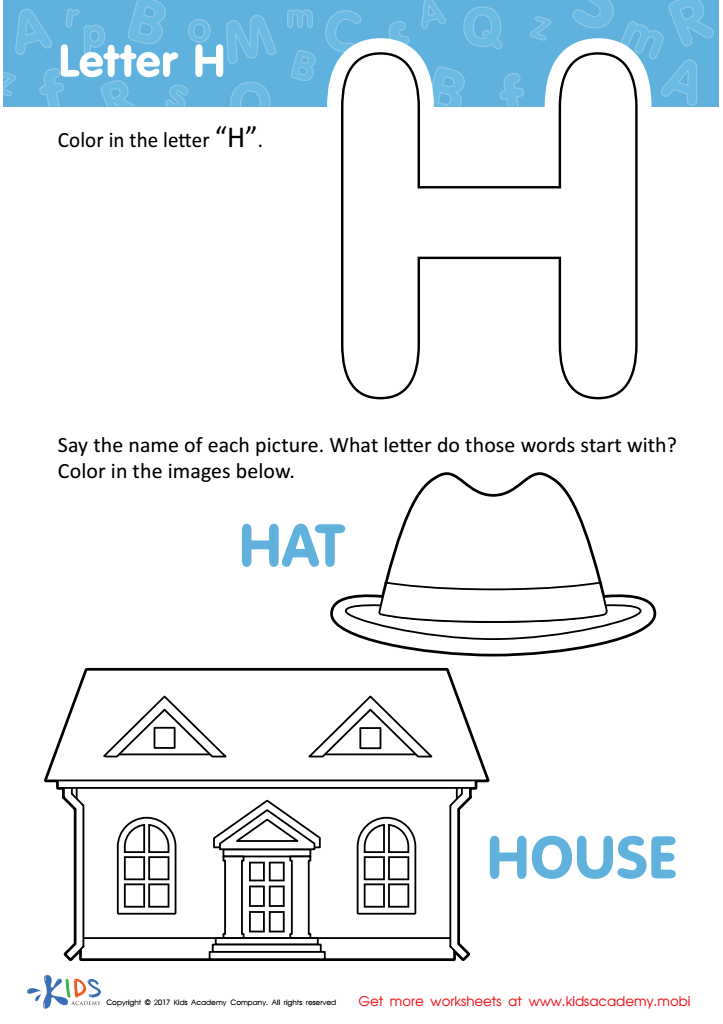

Letter H Coloring Sheet
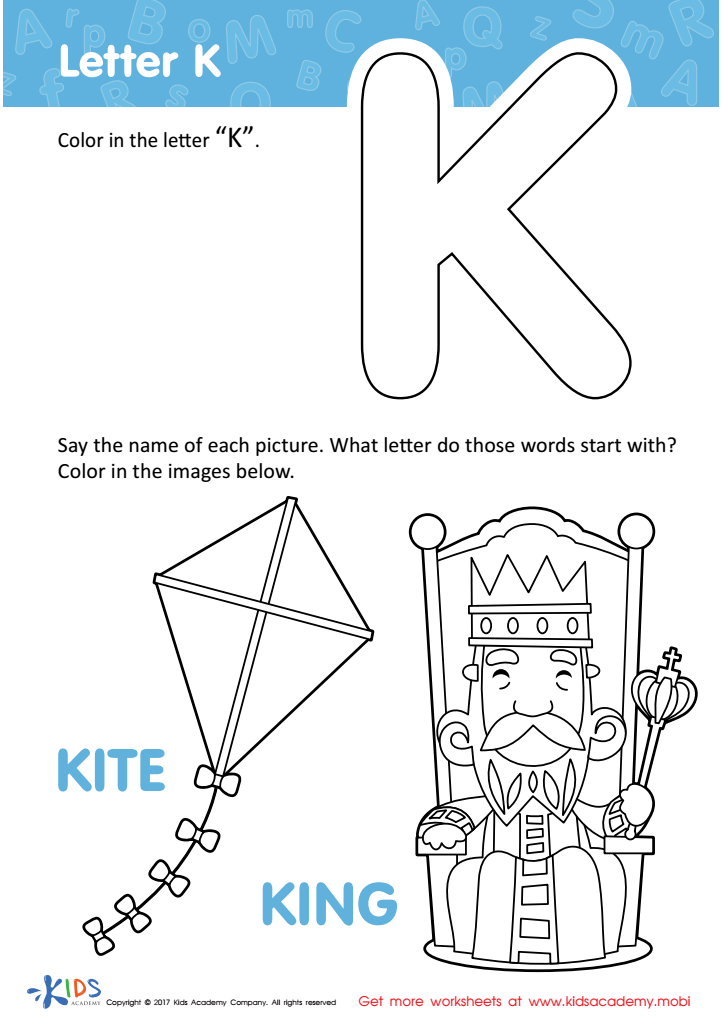

Letter K Coloring Sheet
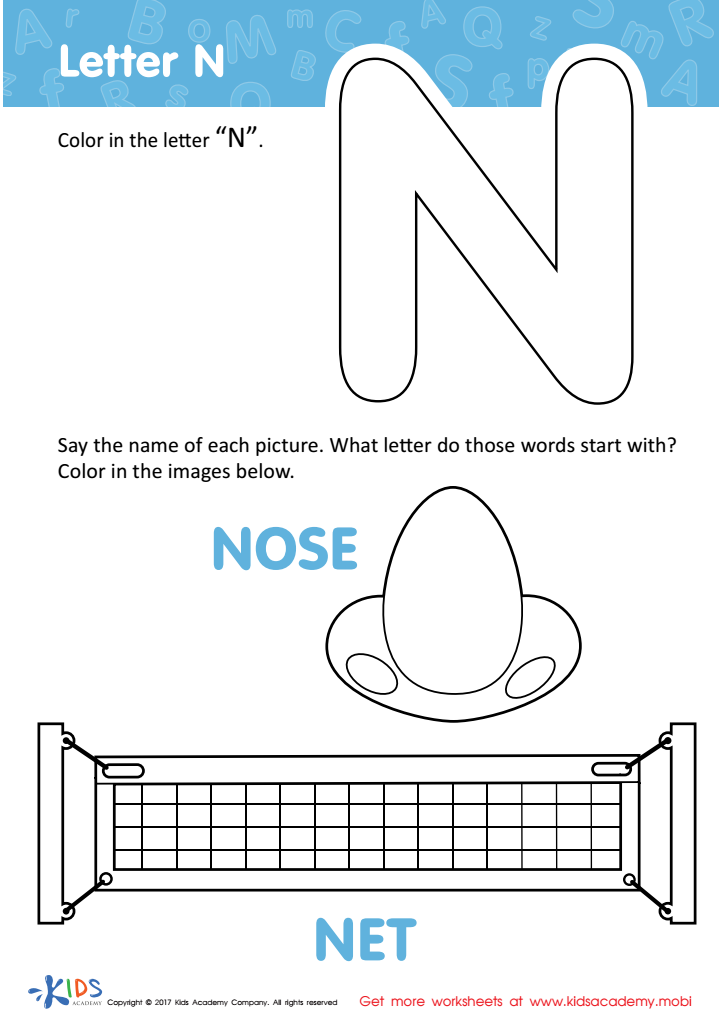

Letter N Coloring Sheet
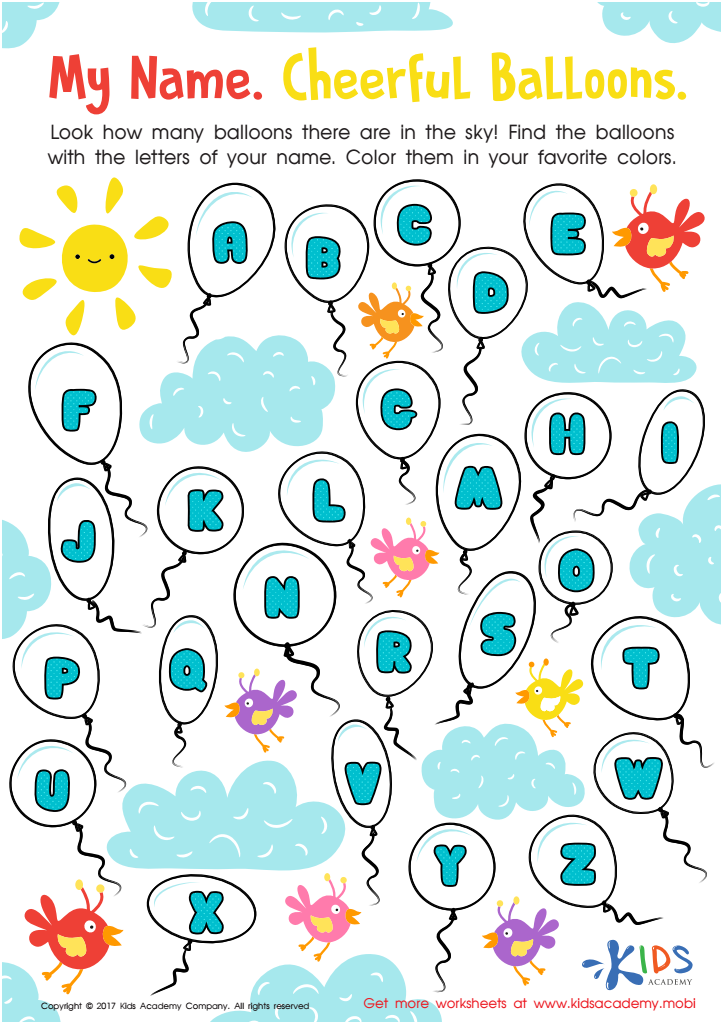

My Name: Cheerful Balloons Worksheet
Handwriting practice and normal alphabet coloring pages play a vital role in the early development of children aged 3-9. At this formative age, their fine motor skills are still developing. Engaging them in alphabet coloring and handwriting not only strengthens these fine motor skills but also enhances hand-eye coordination and muscle control needed for writing and other tasks.
Moreover, these activities lay the foundation for literacy by familiarizing children with letters and their shapes. Recognizing and forming letters correctly is crucial as it directly impacts their ability to read and write in the future.
The act of coloring within lines teaches precision and attention to detail, fostering patience and focus. These skills extend beyond the realm of art and contribute to overall cognitive development. For example, following instructions and completing a task with diligence can benefit children academically and socially.
Parents and instructors can utilize these tools to create a fun and interactive method for learning. Children often perceive coloring and handwriting practice as play rather than work, increasing their willingness to engage and practice consistently.
Furthermore, these activities offer quality bonding time with caregivers, providing opportunities for encouragement and positive reinforcement. Such emotional support boosts confidence, motivating them to persevere when faced with challenges.
Overall, these seemingly simple activities play a multifaceted role in children’s holistic development, making them a crucial element in early childhood education.
 Assign to My Students
Assign to My Students











